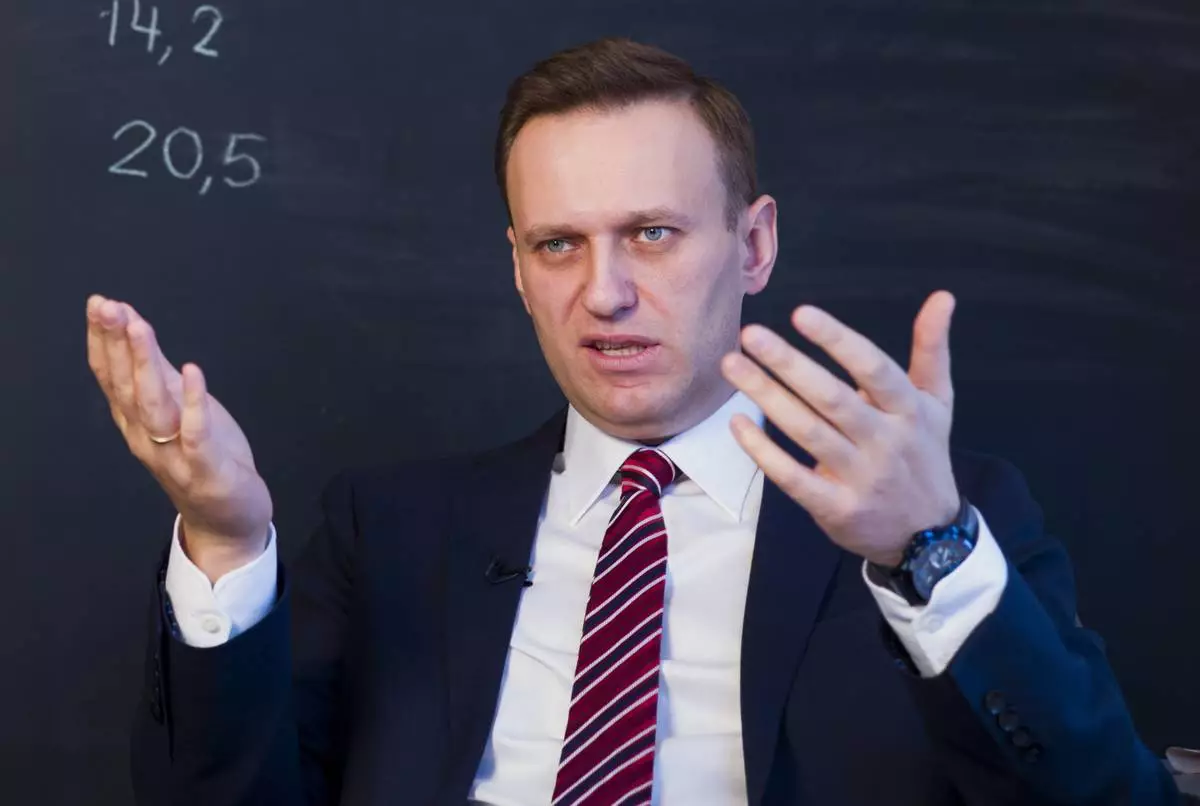Former FBI Deputy Director Andrew McCabe said in an interview posted Friday that Deputy Attorney General Rod Rosenstein broached the idea of using the Constitution to oust President Donald Trump, saying the Justice Department official "discussed it with me in the context of thinking about how many other cabinet officials might support such an effort."
McCabe, in his interview with "60 Minutes," said Rosenstein was discussing "counting votes or possible votes" to invoke the Constitution's 25th Amendment, which allows Cabinet members to seek the removal of a president if they conclude that he or she is mentally unfit.
Though McCabe wouldn't confirm that Rosenstein was plotting to get rid of Trump, he said: "What I can say is the deputy attorney general was definitely very concerned about the president, about his capacity and about his intent at that point in time."
The Justice Department issued a statement Thursday that did not deny the conversation but that said Rosenstein believes "there is no basis to invoke the 25th Amendment, nor was (he) in a position to consider invoking the 25th Amendment."
CBS News posted the excerpt of its interview after ex-FBI official McCabe issued a statement saying comments of his on the subject had "been taken out of context and misrepresented." The interview will air Sunday on "60 Minutes."
CBS released a story Thursday about its interview in which correspondent Scott Pelley said McCabe had confirmed a discussion about the Constitution's 25th Amendment. But the transcript of that section of the interview was not released until Friday, after McCabe spokeswoman Melissa Schwartz sought to downplay McCabe's involvement in any discussions about a potential removal of the president.
"Certain statements made by Mr. McCabe, in interviews associated with the release of his book, have been taken out of context and misrepresented," the statement said. "To clarify, at no time did Mr. McCabe participate in any extended discussions about the use of the 25th Amendment, nor is he aware of any such discussions."
The interview was done ahead of the release next week of McCabe's book about his time in the FBI, "The Threat: How the FBI Protects America in the Age of Terror and Trump."
WASHINGTON (AP) — U.S. intelligence officials have determined that Russian President Vladimir Putin likely didn’t order the death of imprisoned opposition leader Alexei Navalny in February, according to an official familiar with the determination.
While U.S. officials believe Putin was ultimately responsible for the death of Navalny, who endured brutal conditions during his confinement, the intelligence community has found “no smoking gun” that Putin was aware of the timing of Navalny's death — which came soon before the Russian president's reelection — or directly ordered it, according to the official.
The official spoke on the condition of anonymity to discuss the sensitive matter.
Soon after Navalny’s death, U.S. President Joe Biden said Putin was ultimately responsible but did not accuse the Russian president of directly ordering it.
At the time, Biden said the U.S. did not know exactly what had happened to Navalny but that “there is no doubt” that his death “was the consequence of something that Putin and his thugs did.”
Navalny, 47, Russia’s best-known opposition politician and Putin’s most persistent foe, died Feb. 16 in a remote penal colony above the Arctic Circle while serving a 19-year sentence on extremism charges that he rejected as politically motivated.
He had been behind bars since January 2021 after returning to Russia from Germany, where he had been recovering from nerve-agent poisoning that he blamed on the Kremlin.
Russian officials have said only that Navalny died of natural causes and have vehemently denied involvement both in the poisoning and in his death.
In March, a month after Navalny’s death, Putin won a landslide reelection for a fifth term, an outcome that was never in doubt.
The Wall Street Journal first reported about the U.S. intelligence determination.

FILE - Russian opposition politician Alexei Navalny gestures while speaking during his interview to the Associated Press in Moscow, Russia on Dec. 18, 2017. U.S. intelligence officials have determined that Russian President Vladimir Putin likely didn't order the death of Navalny, the imprisoned opposition leader, in February of 2024. An official says the U.S. intelligence community has found "no smoking gun" that Putin was aware of the timing of Navalny's death or directly ordered it. (AP Photo/Alexander Zemlianichenko, File)










